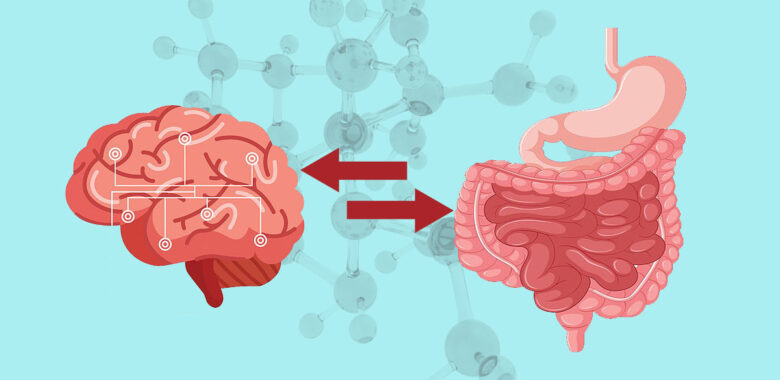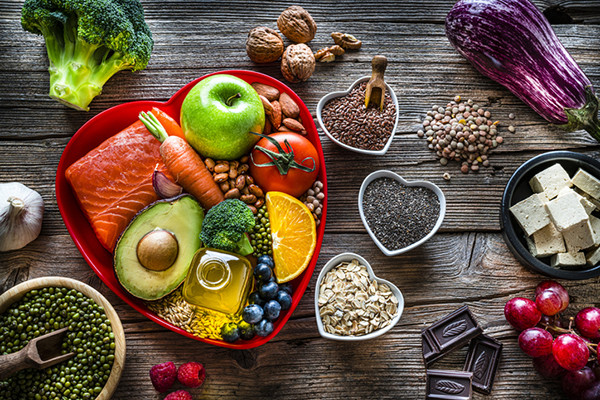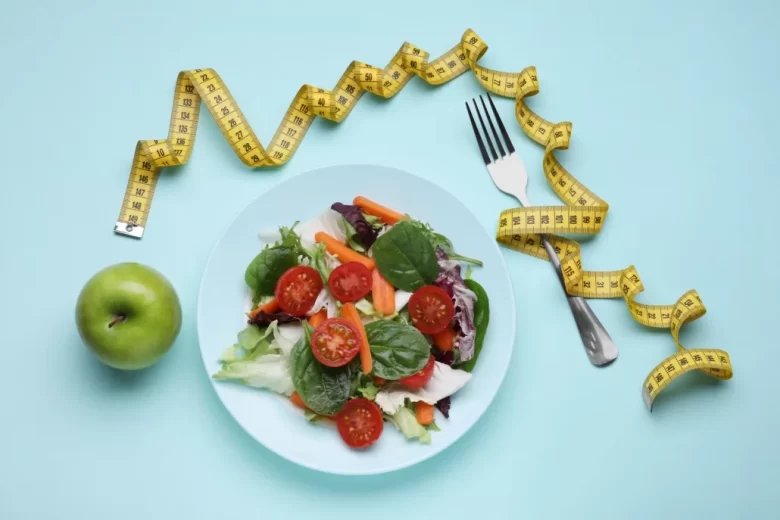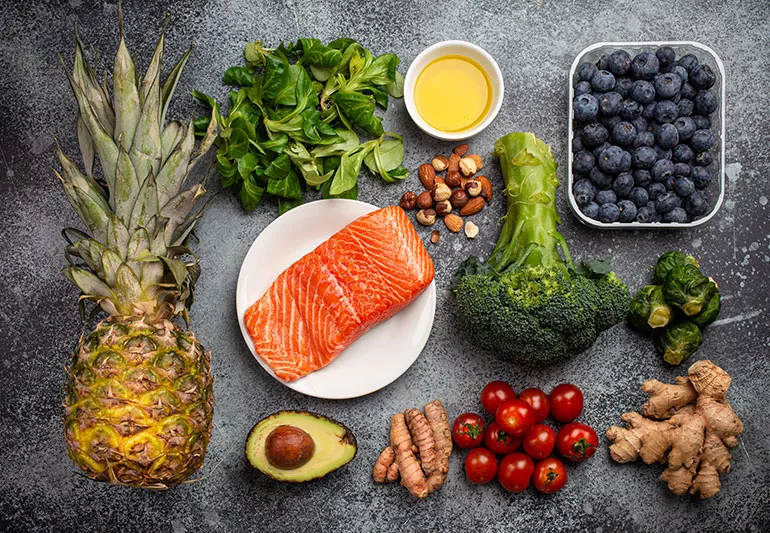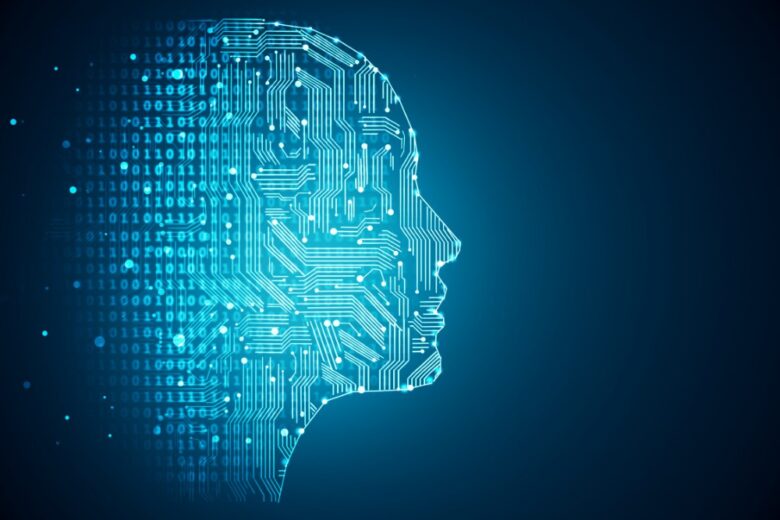The relationship between the gut and the brain is more profound than we may think. The health of our gut has a direct impact on our mental health, which has been researched more rigorously in the recent past. This relation is known as the gut-brain axis, and it is understood more every day that what …
An eating plan rich in whole foods and low in saturated fat, added sugars and salt can significantly lower your risk of cardiovascular disease. Switch out foods high in saturated fat for whole ones for improved results. Choose lean meats and poultry, eggs, nonfat or low-fat dairy products, fish (including oily fish), beans, nuts and …
Diets designed to aid weight loss while simultaneously improving overall health and lowering disease risks can have profound benefits, from decreasing inflammation-causing foods to emphasising nutritious fruits, veggies and healthy fats. They also emphasise high-fibre foods to support digestive health and lower cholesterol levels, along with reduced sodium and sugar intake. 1. Plant-Based Diet A …
Modern life is stressful, which negatively impacts your physical and mental health. Stress from work deadlines, financial problems, or personal issues can affect your happiness. Chronic stress that is left unchecked can lead to anxiety, depression, high blood pressure, and other health problems. Fortunately, science has proven that there are many ways to reduce stress …
Nootropics, often referred to as “smart drugs” or cognitive enhancers, are supplements, drugs, or other substances aimed at improving mental performance, particularly in areas like clarity, focus, and memory. These compounds have gained significant traction in recent years as more people seek ways to optimise their mental abilities in an increasingly competitive and fast-paced world. …
Biohacking, also known as “Do-It-Yourself (DIY) Biology”, is the practice of making small, incremental changes to one’s lifestyle, diet, and habits with the goal of improving overall well-being. At its core, biohacking is about understanding and optimising the human body through experimentation, science, and, sometimes, technology. Whether it’s tracking macros to optimise nutrition, using meditation …
Inflammation is an adaptive response to injury or infection, but chronic inflammation can pose health issues. An anti-inflammatory diet may help decrease symptoms associated with inflammation. Eat foods high in anti-inflammatory nutrients, such as berries, leafy greens, nuts and olive oil, to combat inflammation in your body. Stay away from processed food products and sugary …
Drinking enough fluids each day to meet individual needs, including plain or flavored coffee/tea, milk, and other low-cal beverages such as water, is key in order to avoid becoming dehydrated. According to the National Institutes of Health (NIH), you should aim to drink an appropriate amount of fluids. Water is often recommended as the source …
The search to live a longer, healthier life is as old as the human race itself. Although we haven’t found this fountain, the advancements in technological advancements have provided us tools that allow us to prolong our lives and sustain vitality even into our later years. From our diet to cutting-edge biohacking techniques, there are many methods …
The human brain is astonishingly adaptable. Yet, amid the chaos of modern life, it’s easy to feel stuck in harmful habits or plagued by negative thought patterns. What if you could break free? What if you could reprogram your brain to cultivate better resilience, sharper focus, or unparalleled mental clarity? This quest for mental mastery …

